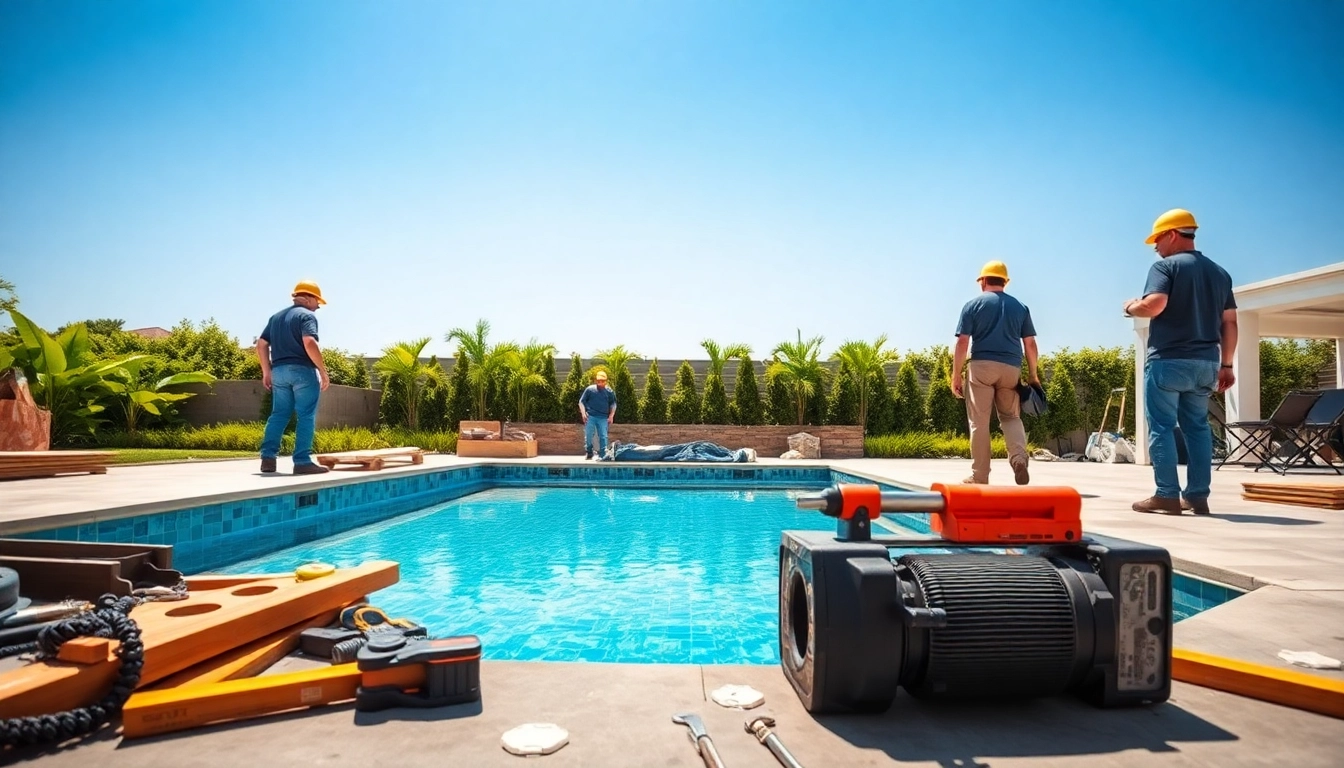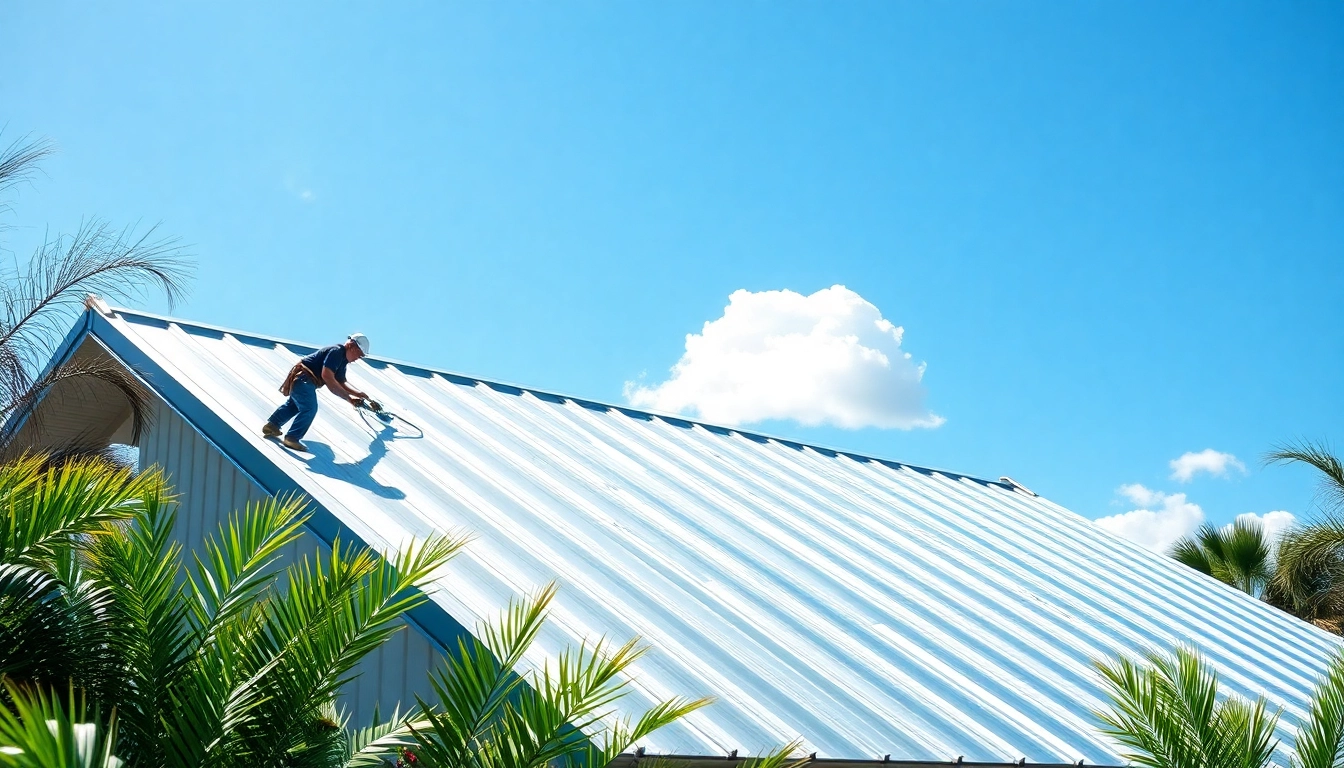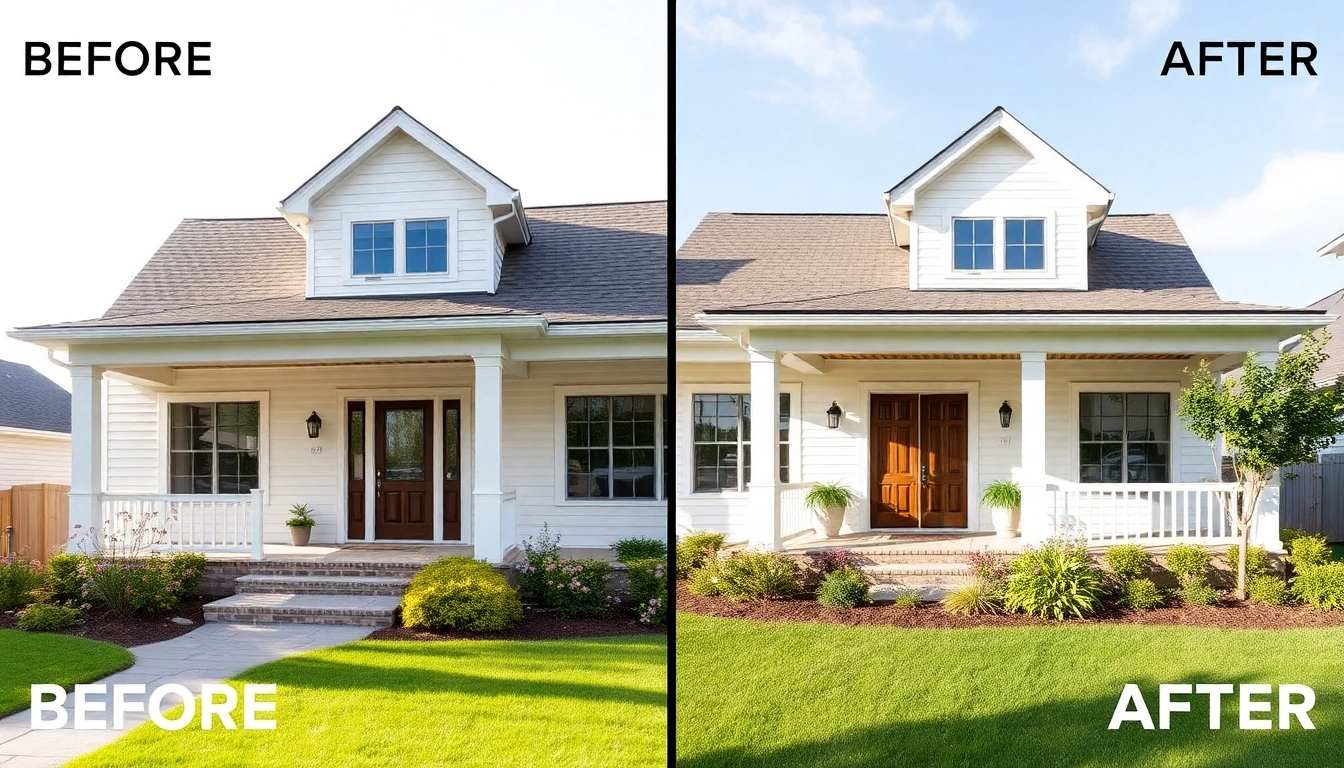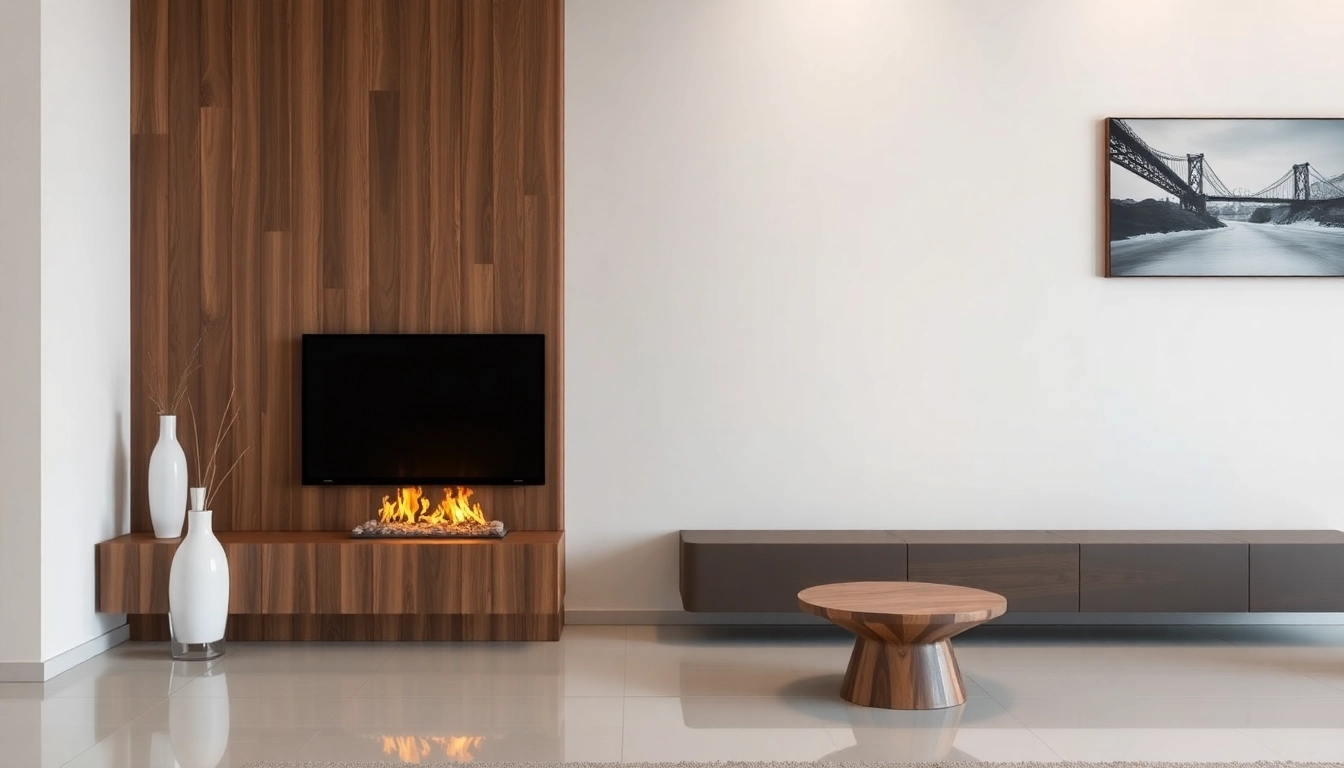Understanding Pool Construction Basics
What is Pool Construction?
Pool construction is the process of designing and building swimming pools, which may range from simple above-ground setups to complex in-ground installations complete with various features such as waterfalls, lighting, and landscaping. This process requires careful planning, adherence to local regulations, and execution through skilled labor. With the growing popularity of home pools, understanding the basics of pool construction can empower homeowners to make informed decisions regarding their project.
Key Components Involved in Pool Building
Successful pool construction involves several key components:
- Design Layout: The very first step in pool construction involves creating a detailed design layout that considers the available space and intended use.
- Site Preparation: This includes excavating the area where the pool will be built, removing any debris, and preparing the ground for construction.
- Materials Selection: Choosing the right material for pool construction is crucial. Common materials include concrete, fiberglass, and vinyl, each offering its benefits and drawbacks.
- Plumbing and Electrical Systems: Pools require proper water circulation, filtration, and lighting systems, which need to be planned and installed during the construction.
- Finish Work: This refers to the final touches, including tiling, decking, and landscaping that enhance the pool’s aesthetic appeal.
Choosing the Right Pool Design for Your Space
When embarking on pool construction, the design you choose must harmonize with your property and your lifestyle needs. Considerations should include:
- Size and Shape: The size and shape of your pool should accommodate both the dimensions of your yard and your swimming preferences.
- Style: You may want a contemporary look or a more natural aesthetic. Options are abundant, from traditional rectangular pools to free-form designs.
- Features: Additional features such as slides, diving boards, and fountains can add to the enjoyment but will impact your overall design and budget.
Planning Your Pool Construction Project
Budgeting for Your Pool: Cost Breakdown
Understanding the costs associated with pool construction is crucial for any homeowner. The overall expense can vary significantly based on several factors, including the pool’s size, design, material, and location. Here’s a concise breakdown of potential costs:
- Initial Design: Between $1,000 to $3,000 for professional design services.
- Excavation: Costs typically range from $1,500 to $5,000 depending on soil type and site accessibility.
- Construction Materials: Concrete pools can range from $35,000 to $100,000, while fiberglass pools start at around $25,000.
- Plumbing and Electrical: Expect to budget an additional $3,000 to $10,000 for these systems.
- Landscaping and Finishes: This can add another $5,000 to $20,000 depending on the complexity and materials chosen.
Selecting a Pool Contractor: What to Look For
Choosing the right contractor for your pool construction project is essential. Here are several factors to consider when selecting a company:
- Experience: Look for contractors with a significant history in pool construction, preferably with positive reviews and testimonials.
- Licensing and Insurance: Always ensure that the contractor is properly licensed and insured to protect yourself from liability.
- Portfolio: Ask for a portfolio of past projects to evaluate their work quality and style.
- Transparency: A reputable contractor will provide a clear and detailed contract, outlining the costs, timeline, and responsibilities.
- Communication: Choose a contractor who communicates clearly and promptly, as this will make the construction process smoother.
Permits and Regulations in Pool Construction
Before beginning construction, it’s crucial to understand the local regulations and obtain the necessary permits. Requirements can differ based on your location, so consider the following:
- Zoning Laws: Check if there are any restrictions regarding pool placement, size limits, and proximity to property lines.
- Building Codes: Many states have mandated codes that must be followed when constructing a pool, particularly regarding safety barriers and electrical systems.
- Inspections: Certain stages of construction may require inspections by local authorities before proceeding to the next step.
The Pool Construction Process Explained
Step-by-Step Pool Building Guide
The pool construction process typically unfolds in several essential stages:
- Layout and Design: This initial stage involves creating a detailed design that meets your desires and local compliance standards.
- The Dig: Excavation is carried out based on the approved layout. Heavy machinery is used to create the pool shape.
- Steel Installation: In-ground pools often involve a framework of steel bars, which provide structural strength.
- Plumbing and Electrical Works: Installations for water circulation and lighting are put in place.
- Gunite or Shotcrete Application: This is the application of the concrete mixture which forms the pool shell, applied to the steel framework.
- Tile and Coping: This phase includes the addition of tiles and coping stones around the pool for aesthetic appeal and edge protection.
- Interior Finishes: The finishing touches include installing the pool liner or plastering the interior surfaces.
- Pool Start-Up: Finally, the pool is filled with water, chemicals are balanced, and systems are tested.
Common Challenges During Construction
Every construction project comes with its challenges, and pool building is no exception. Here are common issues faced during this process:
- Weather Delays: Inclement weather can significantly slow down the construction timeline.
- Ground Conditions: Difficult soil conditions may require additional work, impacting timelines and costs.
- Design Changes: Homeowners might change their minds during the build, resulting in delays and increased expenses.
- Permit Issues: Delays in obtaining necessary permits can halt progress altogether.
Innovative Techniques in Modern Pool Construction
The pool construction industry is evolving with innovative techniques that enhance efficiency, durability, and aesthetics:
- Modular Pool Systems: Pre-fabricated pool components can significantly reduce construction time and labor costs.
- Advanced Materials: New materials like composite and fiberglass offer improved durability and design flexibility.
- 3D Pool Design: Utilizing 3D modeling technology allows for accurate visualization of the finished product.
- Smart Pool Technology: Integrating technology allows for automated pool systems for maintenance, lighting, and security.
Post-Construction Considerations
Essential Pool Maintenance Tips
Once your pool is constructed, it requires regular maintenance to keep it in optimal condition:
- Regular Cleaning: Skim the surface, vacuum the floor, and brush the walls regularly to prevent algae and debris buildup.
- Monitor Water Chemistry: Regular testing and balancing of pH, chlorine, and alkalinity levels are necessary for safe swimming conditions.
- Equipment Checks: Regularly inspect the filtration system, pumps, and heaters for functionality.
- Seasonal Preparations: Properly winterizing the pool in colder months can extend its lifespan.
Enhancing Your Pool Area with Landscaping
Landscaping around your pool can enhance its visual appeal and create a relaxing atmosphere. Here are some recommendations:
- Choose Native Plants: Native plants require less maintenance and are more resilient to local climate conditions.
- Use Hardscaping Elements: Features like stone pathways, patios, and deck areas help define spaces and enhance usability.
- Add Lighting: Outdoor lighting provides safety and sets the mood for evening gatherings.
Pool Safety Features to Install
Safety should always be a priority when it comes to pool construction. Here are essential safety features to consider:
- Pool Covers: Automatic or manual pool covers help keep the pool clean and prevent accidental falls.
- Safety Fences: Installing a durable fence may be required by local ordinances to keep unsupervised children away.
- Alarms: Pool alarms can alert you to unauthorized access or activity in the pool area.
Future Trends in Pool Construction
Sustainable Practices in Pool Building
As environmental awareness grows, more pool builders are adopting sustainable practices, such as:
- Energy-Efficient Equipment: Utilizing energy-efficient pumps and solar heaters can lower energy consumption.
- Water Conservation Techniques: Smart irrigation systems reduce water use while maintaining landscaping.
- Eco-Friendly Materials: The use of recycled materials and eco-friendly finishes is on the rise in pool construction.
Technological Innovations in Swimming Pools
The integration of technology into pool construction is creating smarter and safer options:
- Automated Maintenance Systems: Advanced systems can self-clean and manage chemical levels, making maintenance easier.
- Smart Home Integration: Many modern pools can connect to smart home systems for remote control of heating, lighting, and spa features.
- Virtual Reality Design Tools: Virtual Reality (VR) tools enable homeowners to visualize their future pool before it is built.
Design Trends for Pools in the Next Decade
As we look to the future, certain design trends are emerging within the pool construction industry:
- Infinity Pools: These breathtaking pools seamlessly blend with the horizon, creating a larger-than-life experience.
- Natural Pools: Combining aesthetic beauty with environmental sensitivity, natural pools use bio-filtration systems and plant life to maintain water purity.
- Multi-Functional Spaces: Pools will increasingly become multifunctional spaces, incorporating features for swimming, relaxation, and entertainment.



